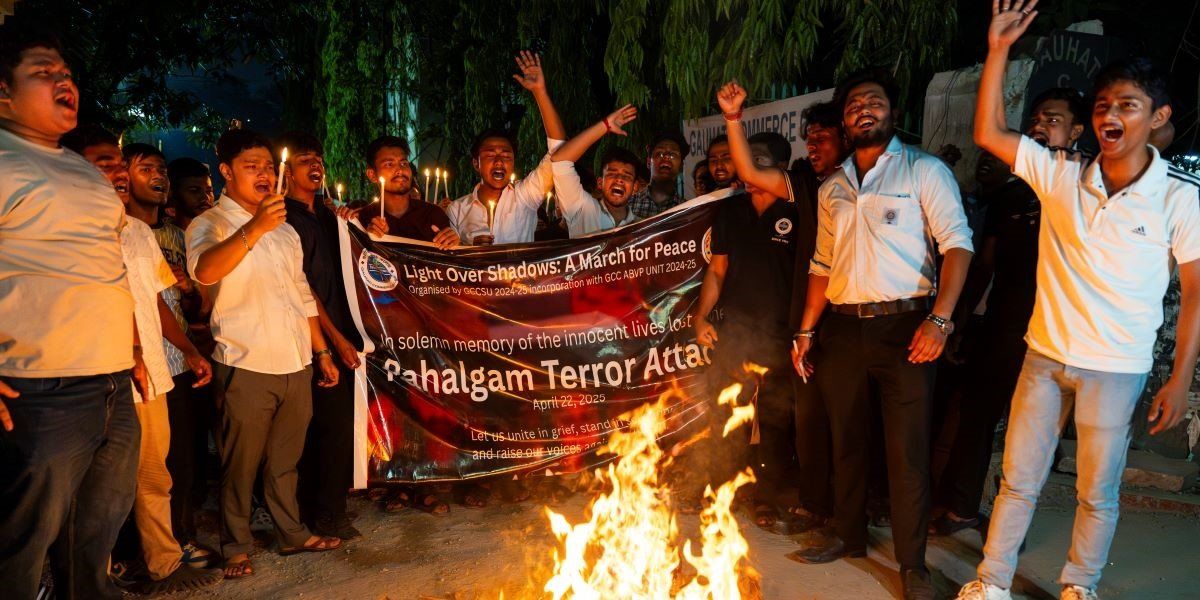Prime Minister Narendra Modi has blamed Pakistan for Tuesday’s deadly terrorist attack in Kashmir, and he’s takenaggressive action against its government. The most striking of these moves is a decision to suspend theIndus Waters Treaty, which sets terms for the sharing of water that flows from the Indus River and its tributaries from India into Pakistan.
Pakistanis depend on water from the Indus for drinking, farming, and hydropower. Some80% of Pakistan’s water comes from these rivers, and agriculture is the only source of income for 70% of its rural population.
Water-sharing between the two countries has generated controversy in recent years. In particular, Pakistan charges that India’sconstruction of dams upstream is cheating Pakistan of much-needed volumes of water.
This is the first time the treaty has been suspended, despite multiple wars between the two nuclear-armed neighbors since the Indus River agreement, brokered by the World Bank, was signed in September 1960. Indian officials threatened to suspend the treaty following a suicide bombing in 2019, but Modi’s government didn’t follow through.
There is no evidence yet that India is restricting the flow of water, but Pakistan’s government says it will treat any diversion of water as an act of war.
